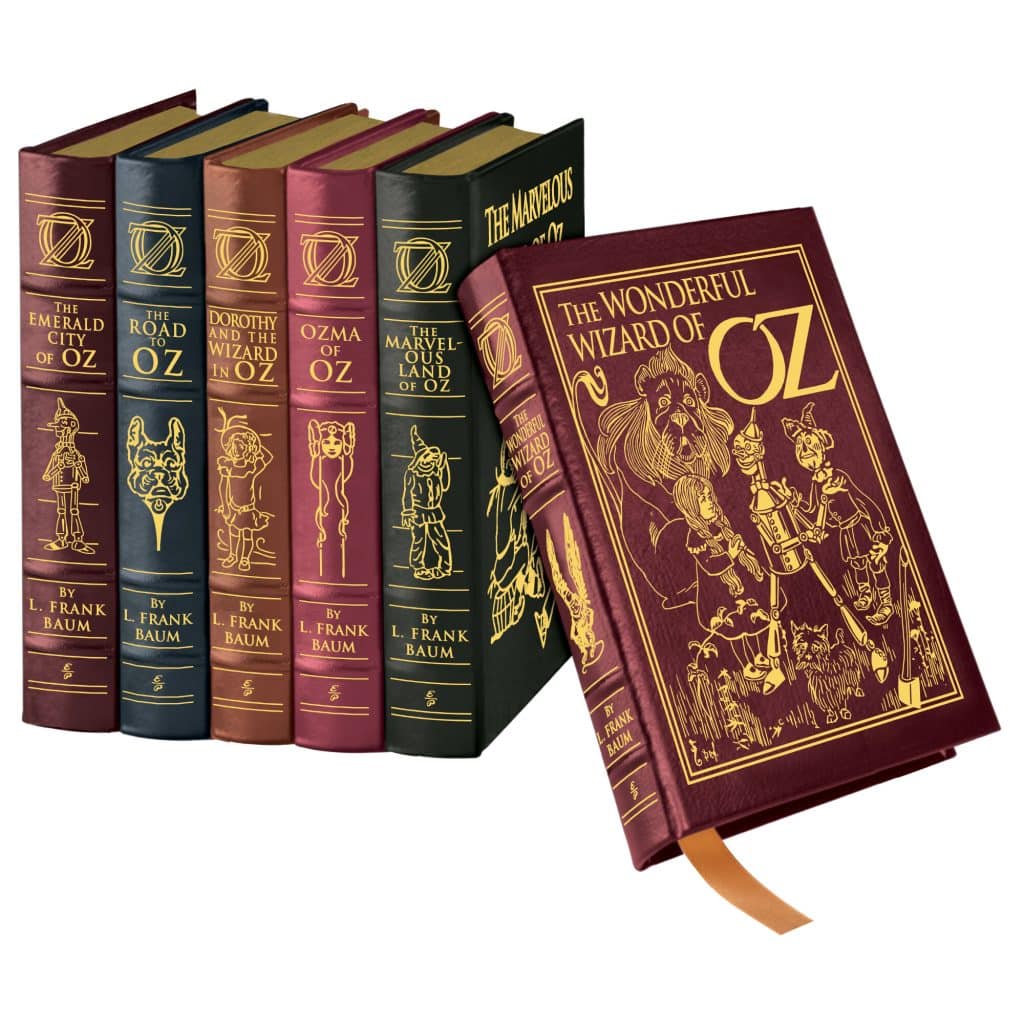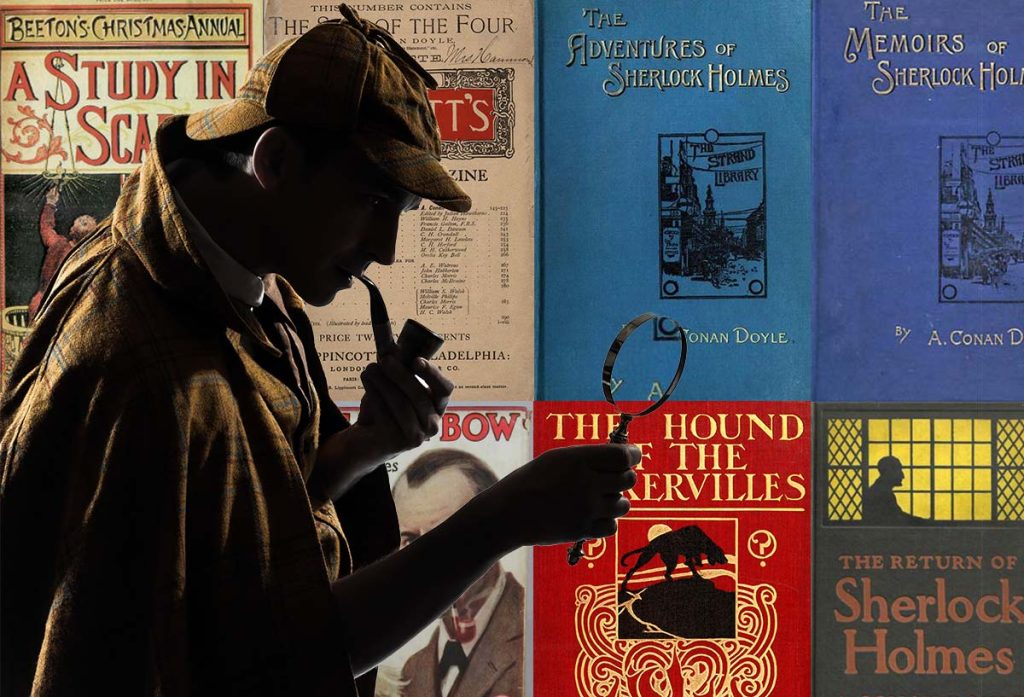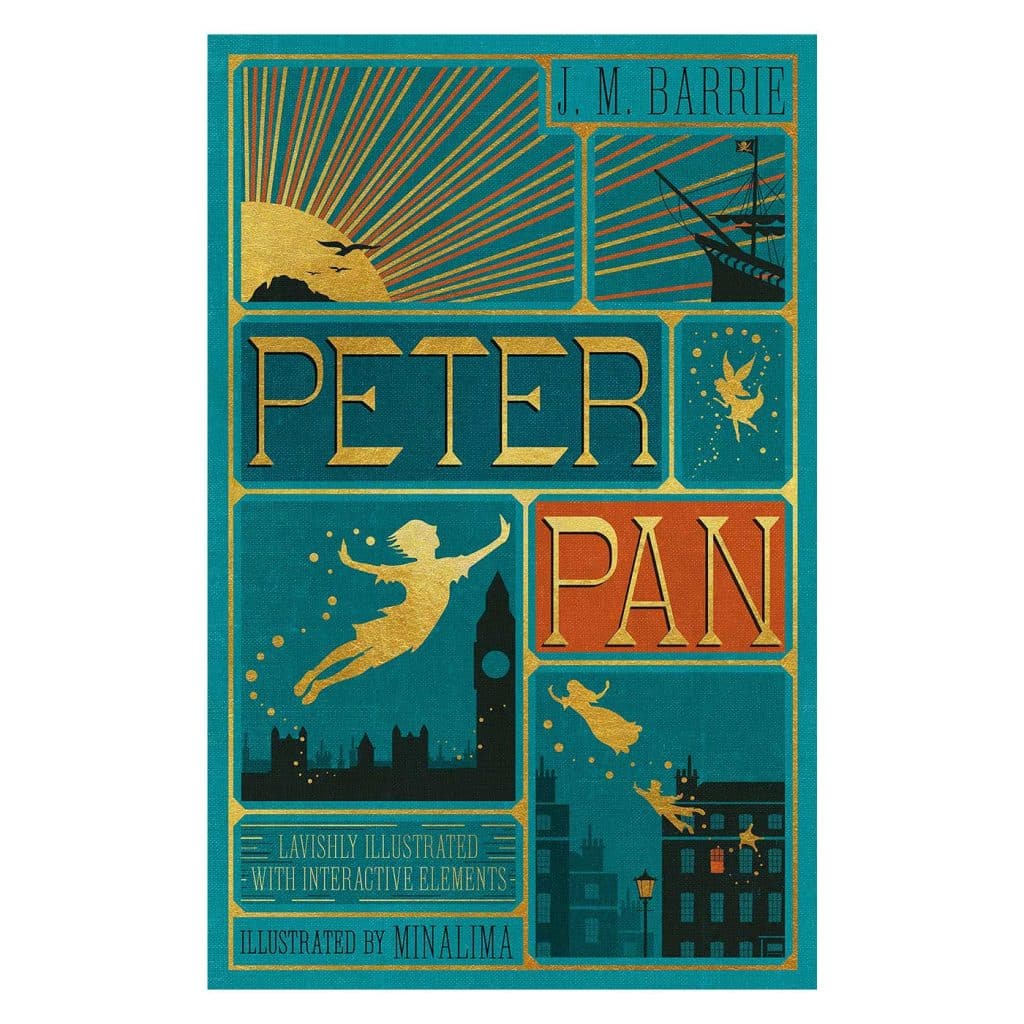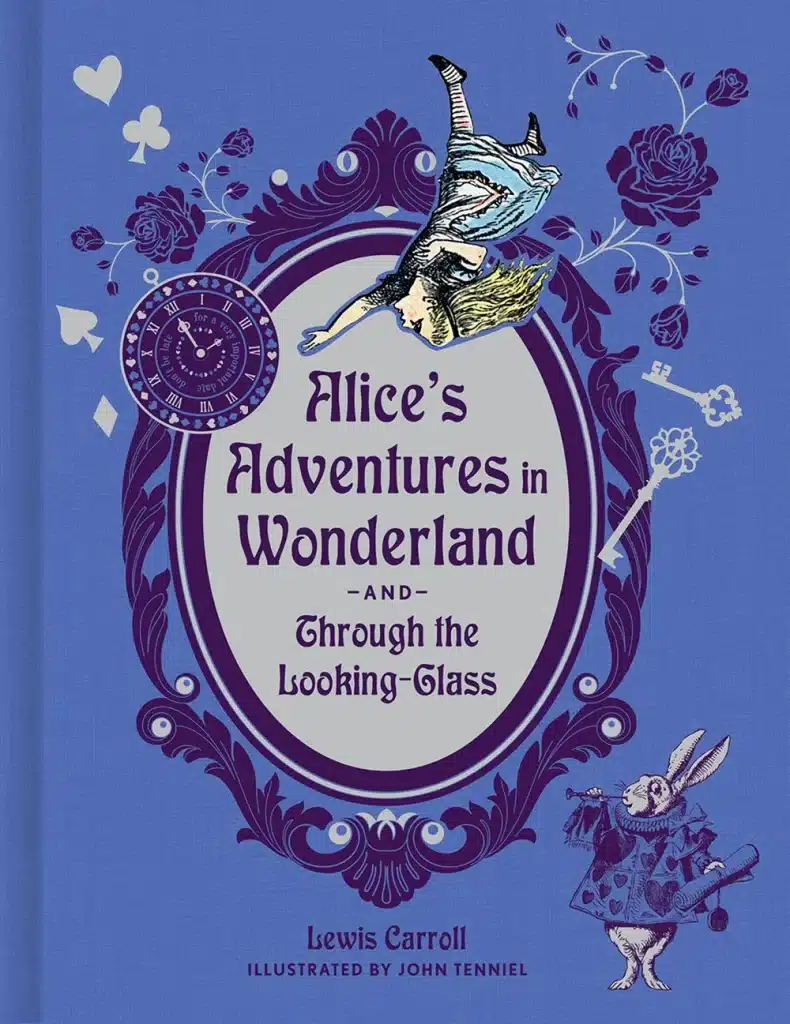In the world of literature and storytelling, certain tales transcend time. They captivate generation after generation with their enduring magic. “Classics” like Peter Pan, Alice in Wonderland, The Wizard of Oz, and Sherlock Holmes have become beloved stories, cherished by readers of all ages across time and space. What sets these titans of fiction apart is not just their timeless appeal. Their unique and shared status in the realm of copyright law is having entered the public domain. But what does that mean, and how does it extend to be of benefit to society?
Before probing the benefits to culture, let's clarify what "public domain" means in the context of literature and storytelling. In essence, when a work enters the public domain, it is no longer protected by copyright. It is free for anyone to use, adapt, and share without the need for permission or payment to the original creator or their estate. This typically occurs after a codified number of years following the author's death or due to specific copyright expiration laws. There is of course a deep well of nuance to these laws, but the general lifecycle of material entering this realm of accessibility is standardized.
Now, let's explore the public domain more deeply and the advantages stories with this status offer to society.

Content from the public domain becomes part of our shared cultural heritage. They are not only stories, but rather pieces of history that reflect the values, attitudes, and creativity of the time in which they were written. These bits of our collective history are an ineffable time capsule. By ensuring these works remain accessible to all, society can preserve its cultural legacy and pass it down to future generations without fear of greed corrupting the past for its own gain.
Alice in Wonderland, with its whimsical exploration of a surreal world, invites readers to question the absurdity of their own reality—a skill as vital now as it was in Victorian England. Peter Pan, with Neverland as its backdrop, explores ever-relevant themes of eternal youth and the bittersweet journey of growing up. The Wizard of Oz takes readers on a fantastical journey and back again through a land of imagination and self-discovery which remains precious long after the Dust Bowl settled. And then there's Sherlock Holmes, the brilliant detective whose keen observations continue to captivate readers and inspire the love of mystery-solving. Humanity will never transcend the thirst for problem-solving that Sherlock feeds with every page, and that is so easily transposed to the modern landscape.
Public domain stories serve as fertile ground for new creative works. Writers, artists, and filmmakers can freely build upon these timeless narratives, crafting adaptations, remixes, and interpretations that breathe new life into the original tales. This encourages innovation and fosters a thriving creative ecosystem, as creators don't have to navigate complex copyright restrictions.
Consider the multitude of adaptations and retellings of these classic stories. Alice's adventures have been reimagined in various forms, from darker, more mature interpretations to children's books featuring a modern-day Alice. Oz-inspired works have explored the Land of Oz from different angles and perspectives. Sherlock Holmes has graced countless novels, movies, and TV series, both faithful to the original stories and creatively reinterpreted in different time periods and settings. This free flow of creativity enriches our cultural landscape.

One of the most significant benefits of stories in the public domain is increased accessibility. These stories are readily available to everyone, regardless of their financial means. Libraries, schools, and digital platforms can distribute them freely, making literature more inclusive and allowing people from all walks of life to enjoy these classics without barriers.
In a world where access to books and entertainment is often tied to economic circumstances, the availability of public domain works levels the playing field. A child in a disadvantaged community can have the same opportunity to explore the adventures of Peter Pan or the mysteries of Sherlock Holmes as a child in a more privileged environment.
Public domain stories are valuable educational resources. Teachers can use them in the classroom to engage students in discussions about literature, history, and culture. Moreover, scholars and researchers can analyze and study these works without the constraints of copyright, leading to a deeper understanding of the stories and their impact on society.
The educational value of these stories extends beyond the classroom. It includes lifelong learning opportunities for people of all ages who can delve into these works, uncovering layers of meaning, historical context, and literary techniques that continue to influence storytelling.

When stories like Peter Pan, Alice in Wonderland, The Wizard of Oz, and Sherlock Holmes enter the public domain, they become part of the collective consciousness. People feel a sense of ownership and connection to these tales, fostering a strong sense of community and shared cultural identity.
These stories are not just relics of the past but living entities that continue to shape our cultural conversations. We see ourselves in Alice as she navigates a surreal world, in Dorothy's journey of self-discovery, in Sherlock Holmes' relentless pursuit of truth, and in Peter Pan's longing for eternal youth.
Public domain status allows for a multitude of adaptations that cater to different tastes and preferences. From reimagined books to theatrical productions, these stories can be explored through various mediums, allowing for a diverse range of interpretations and experiences.
The enduring appeal of these tales lies in their adaptability. They can be reworked to fit contemporary sensibilities, making them relevant to new generations. Alice in Wonderland can be a whimsical fantasy or a social commentary. The Land of Oz can be a place of wonder or a backdrop for profound introspection. Sherlock Holmes can be the quintessential Victorian detective or a character in a modern-day setting. Peter Pan can be a symbol of youthful escapism or a reflection of the complexities of growing up.

When we celebrate the magic of public domain stories, we are also looking forward to new generations of writers, artists, and storytellers who will draw inspiration from these touchstones of culture. The open door to create, free of copyright's binds, ensures that the cycle of creativity and cultural enrichment continues for years to come. In the public domain, these stories truly belong to us all, and it is up to each generation to keep their magic alive.
The future is a place of endless possibilities built upon the strong foundation of our collective past. We must honor the great imagination already infused into our world with the freedom to make our mark when the day comes for us to have our turn. Public domain protects that very ability.